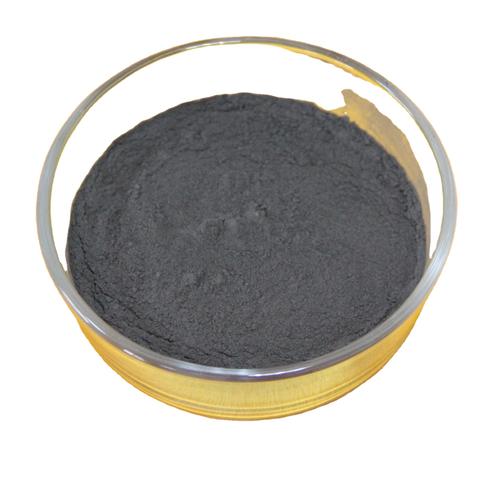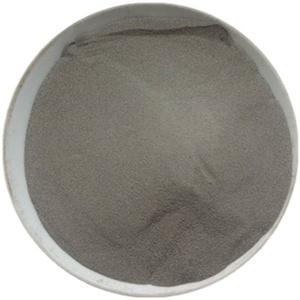**Protein Powders and Heavy Metals: What’s Really in Your Shake?**
(Are There Heavy Metals In Protein Powders)
You grab your protein powder every morning. You mix it into a smoothie or shake. It fuels your workout, helps you recover, or just keeps you full. But have you ever wondered what’s actually in that powder? Beyond the vitamins and minerals listed on the label, there might be something else hiding in there. Something you didn’t sign up for. Heavy metals.
Heavy metals sound like a rock band from the ’80s. In reality, they’re elements like arsenic, lead, cadmium, and mercury. These metals occur naturally in soil. Plants absorb them as they grow. Crops like rice, soy, and hemp—common ingredients in protein powders—can pull these metals from the ground. Processing these plants into protein powder doesn’t magically remove the metals. So traces end up in your scoop.
Why does this matter? Heavy metals don’t belong in the human body. Over time, even small amounts can build up. This might lead to health issues like kidney damage, nervous system problems, or increased risk of certain diseases. Kids and pregnant women need to be extra careful. Their bodies are more sensitive to toxins.
You might ask: How much metal is too much? There’s no easy answer. Governments set limits for heavy metals in food. These limits aren’t always the same everywhere. For example, the U.S. allows slightly more cadmium in certain foods than the European Union. Independent labs sometimes test protein powders. Their reports show metal levels vary a lot between brands. Some powders have barely any. Others hit close to legal limits.
How do these metals get into protein powders in the first place? It starts with farming. Soil near industrial areas or polluted water can have higher metal levels. Plants grown there soak up more toxins. Even organic farms aren’t immune. Organic certification focuses on pesticides, not soil quality. Processing steps like heating or fermenting might reduce metals, but not all companies do this. Cheap ingredients might come from regions with looser farming rules.
So should you panic? Probably not. Most people don’t eat enough protein powder to reach dangerous metal levels. But if you’re having multiple scoops a day, plus other foods with metals (like rice or spinach), it adds up. The key is awareness. Check your brand. Look for third-party testing. Companies that care about quality will test their products and share results.
Plant-based proteins often get the most flak for metals. Rice protein, for example, tends to have higher arsenic levels. Whey and egg-white powders usually test cleaner. But they’re not perfect. Even animal-based products can have traces, depending on how the animals were raised.
What can you do? Rotate your protein sources. Don’t rely on one type. Mix plant-based with animal-based. Choose brands that source ingredients carefully. Pea protein is often lower in metals than rice or hemp. Look for labels like “heavy metal tested” or “USP verified.” These aren’t guarantees, but they’re a start.
Don’t forget the big picture. Protein powder is a supplement, not a necessity. Whole foods like chicken, fish, beans, and Greek yogurt offer protein without the mystery ingredients. Use powders for convenience, not as your main source.
Regulators are slowly catching up. Some states, like California, require warning labels on products with high metal levels. Consumer pressure is pushing companies to clean up their act. Until then, stay curious. Email your protein brand. Ask for test results. If they hesitate, maybe it’s time to switch.
(Are There Heavy Metals In Protein Powders)
Your health matters. A little research goes a long way. Next time you blend that shake, you’ll know exactly what’s in it—and what’s not.
Inquiry us
if you want to want to know more, please feel free to contact us. (nanotrun@yahoo.com)


